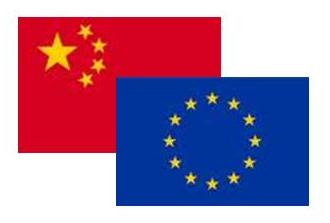
Practical information
The Centre Asie, Ifri invites you to a conference organized in two sessions on 21 June 2010.
CHINA AND EUROPE IN GLOBAL GOVERNANCE
Session 1: Political Aspects of Global Governance
9h00 - 10h30
(session in French)
with
CAI Fangbo
former Ambassador of the People's Republic of China to France
and member of the Consultative Committee on Foreign Policy at the Ministry of Foreign Affairs in China
and
GUANG Chengyuan
former Ambassador of the People's Republic of China to the European Union and the Kingdom of Belgium
and member of the Consultative Committee on Foreign Policy at the Ministry of Foreign Affairs in China
discussant:
Antoine Sautenet
Associated Researcher, Centre Asie Ifri
Session 2: Economic Aspects of Global Governance
10h45 - 12h00
(session in English)
with
YU Yongding
Member of the Chinese Academy of Social Sciences
and former Member of the Monetary Committee of the People's Bank of China
discussant:
Françoise Nicolas
Director of the Centre Asie Ifri
Both sessions will be chaired by Françoise Nicolas, Director of the Centre Asie Ifri





